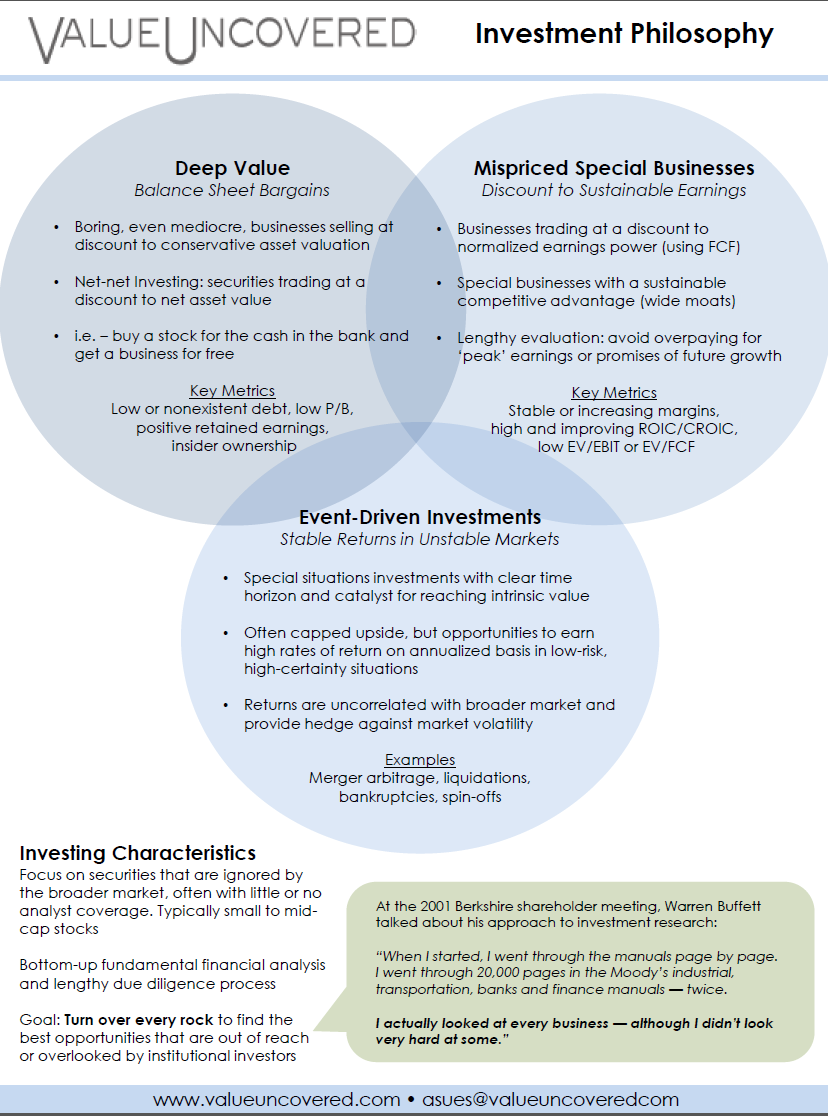Treat Everything as a Case Study (Thanks to a reader)

I was driving past a Volkswagen dealer during a 15-hour drive from Miami to New Orleans when my 9- and 10-year-old kids excitedly pointed out the old Beetle that was parked alongside a row of brand-new models. Ah, yes, I said, a clear case of brand reinforcement through product differentiation: The odd thing stands out. At another point in the trip, their $8 headsets broke at the plug. We analyzed this as a case of defective design, probably the result of poor cost analysis.
The sight of gas pumps whose nozzles were covered with bags was a case of poor demand forecasting within the supply chain. Then we got talking about the odometer on my Nissan Pathfinder: Is a car that can go 300,000 miles a case of over-engineering or TQM excellence? It was a debate worth at least 40 miles.
It might be obvious by now that I had been playing HBR podcasts practically nonstop on that journey. If you listen to 50 consecutive business podcasts, as we did, everything starts to look like a business case study. Your way of seeing is transformed forever. You develop the Case Method third eye.
You start to question everything, and your questions start to disconcert people, just as Socrates’s questions upset the targets of his inquiries. But you must persevere. Questions help you connect the dots.
The security-company technician who was troubleshooting an alarm at my house discovered that the system wasn’t reliably transmitting to the local cell tower and needed to be replaced. I questioned him: Why wasn’t it connecting? The signal was too weak, he said. Then the zinger: Why did the company not measure the signal strength before installing the alarm in the first place?
A well-known furniture company with a nationwide network of showrooms said a chair I had ordered would take 12 weeks to arrive. Why so long, when it takes just four hours to build a car?
A colleague was setting up a PowerPoint presentation at work. Why PowerPoint? Why not Prezi or Keynote or SlideRocket or some other solution with potentially greater impact?
These questions hung in the air, unanswered, as do most of those I find myself asking during the course of a day, either to myself or whoever is with me: Why don’t all phone companies use the same frequency bands so business users can take their phones abroad? Why, with the advent of in-memory big data and high-frequency trading, can’t banks clear my personal stock trades instantly?
Often, the questions lead to debates. Just ask my kids: We debated everything (and still do). Is it better to amass frequent-flier miles or use them as you collect them, in case the carrier goes out of business? Is a supermarket’s “Buy one get one free” promotion a loss-leading marketing exercise or a tactic for achieving necessary volume? Can a product placement in a movie undermine brand credibility — eg, would James Bond really drink Heineken?
Ideally, the debates lead to imaginative problem solving.
Do this on your own for a while, or with your kids, and pretty soon you’ll sharpen up your questioning and debating and imagining skills. By adopting the “Everything is a case study” mindset and seeing the world through the Case Method third eye, you’ll learn to filter out the disinformation that life throws at you and uncover startling insights.
You’ll also increase your effectiveness at questioning your company’s strategies, processes, procedures, and methods of data collection. You’ll be able to grow in your ability to think about what you don’t know, rather than accepting the business-as-usual mentality.
This will help you assist your company in finding innovative solutions. And it might be good for your career. After all, CEOs hate canned, staid, boring, predictable answers to business problems (just as business professors hate canned, staid, boring, predictable responses to business cases). They crave creative, adaptive, innovative thinking.
Would the “Everything is a case study” view of the world have helped Eastman Kodak executives think through digital technologies earlier? Would it have prevented leaders in the British motorcycle industry from ignoring the commuter-moped market in the 1970s? Would it have stopped Xerox managers from showing off the company’s innovative technologies to the world before commercializing them?
Maybe. It certainly would have made their family car trips a lot more fun.

Original Article: http://feeds.harvardbusiness.org/~r/harvardbusiness/~3/w95-3LZKmRE/treat_everything_as_a_case_study.html







